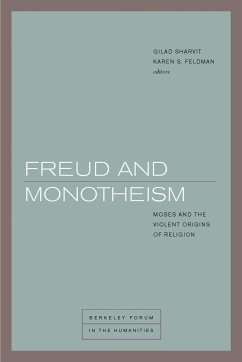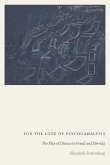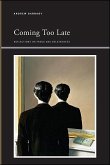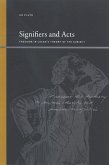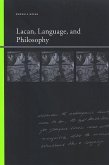"There really is nothing new about anti-Semitism in the age of today's white ethno-nationalism. Freud and Monotheism brings the debate about Sigmund Freud's last work on the origins of anti-Semitism up to the present day. Gilad Sharvit and Karen Feldman have compiled a brilliant selection of essays examining the historical and philosophical underpinnings of Moses and Monotheism by the leading specialists on this complex and eternally engaging text. They illustrate quite well the complexity of understanding anti-Semitism from the standpoint of the victim of the Nazis in the 1940s or of the alt-right today. A must-add to any library on the history of anti-Semitism." - Sander Gilman, Emory University Over the last few decades, vibrant debates regarding post-secularism have found inspiration and provocation in the works of Sigmund Freud. A new interest in psychoanalysis's relation to society has emerged, allowing Freud's account of the interdependence of religion, ethics, and violence to gain currency in recent debates on modernity. In that context, the pivotal role of Freud's masterpiece, Moses and Monotheism, is widely recognized. Freud and Monotheism critically examines a range of discourses surrounding Freud and Moses, taking as its entry point Freud's relations to Judaism, his conception of tradition and history, his theory of the mind, and his model of transgenerational inheritance. Highlighting the broad impact of Moses and Monotheism across the humanities, contributors from philosophy, comparative literature, cultural studies, Jewish studies, psychoanalysis, and Egyptology come together to illuminate Freud's book and the modern world with which it grapples. Contributors: Jan Assmann, Richard Bernstein, Willi Goetschel, Ronald Hendel, Catherine Malabou, Gabriele Schwab, Yael Segalovitz, Gilad Sharvit, Joel Whitebook Gilad Sharvit is a Townsend Fellow at the Townsend Center for the Humanities at the University of California, Berkeley. Karen S. Feldman is Associate Professor of German at the University of California, Berkeley. She is author of Binding Words: Conscience and Rhetoric in Hobbes, Hegel and Heidegger.

